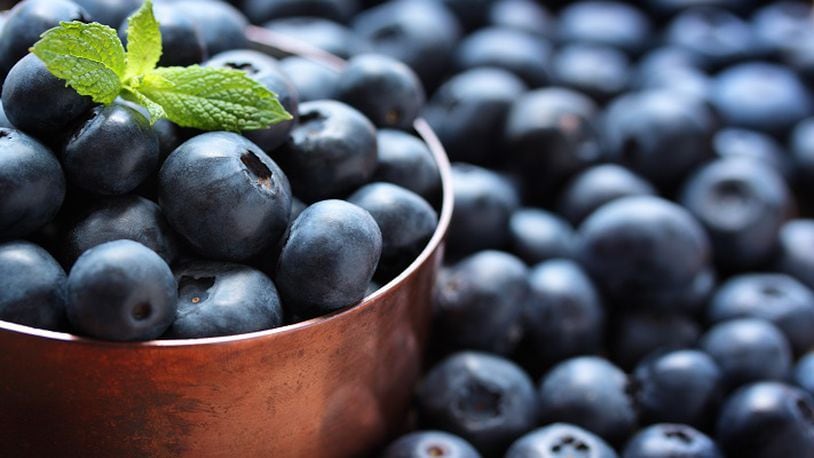The temporary mood swings and sadness experienced by many new moms can sometimes lead to more serious postpartum depression.
In the study of 41 pregnant women in their late 20s and early 30s, women given the blueberry supplements for three days suffered no drop in mood on the fifth day after giving birth, when the so-called “baby blues” are said to peak.
The women were also given the amino acids tryptophan and tyrosine to counteract the loss of so-called “feel-good” hormones in a woman’s brain after she gives birth.
The 20 mothers who did not take the supplements tested higher for depression after their babies were born.
“We believe this is the first study to show such a strong, beneficial effect of an intervention in reducing the baby blues at a time when postpartum sadness peaks,” lead author Jeffrey Meyer, head of the neuroimaging program in mood and anxiety at the Centre for Addiction and Mental Health in Toronto, told the Daily Mail.
Meyer is also a psychiatry professor at the University of Toronto and co-creator of the supplements.
The study was published online Monday in the Proceedings of the National Academy of Sciences journal.
According to the Mayo Clinic, many new moms after childbirth experience the “baby blues,” which manifest in anxiety, mood swings, crying jags and difficulty sleeping. They usually begin within the first two to three days after delivery and can last up to two weeks.
Postpartum depression has more severe symptoms — including withdrawal from family and friends, loss of appetite and intense anger and irritability — and lasts longer, according to the Mayo Clinic.
“Women who take the supplement don’t get sad” in those first few days of motherhood, Meyer told WBRC in Birmingham, Ala. “We also see this as a promising way to try to prevent postpartum depression.”
He explained the fruit-based treatment was designed to “address specific changes that temporarily occur in the brain,” referencing a surge in a brain protein in some new moms that might contribute to the blues.
The study’s findings are preliminary, he told WBRC, and cautioned that women should wait until the supplement regimen is approved for public use instead of trying it on themselves.
About the Author
